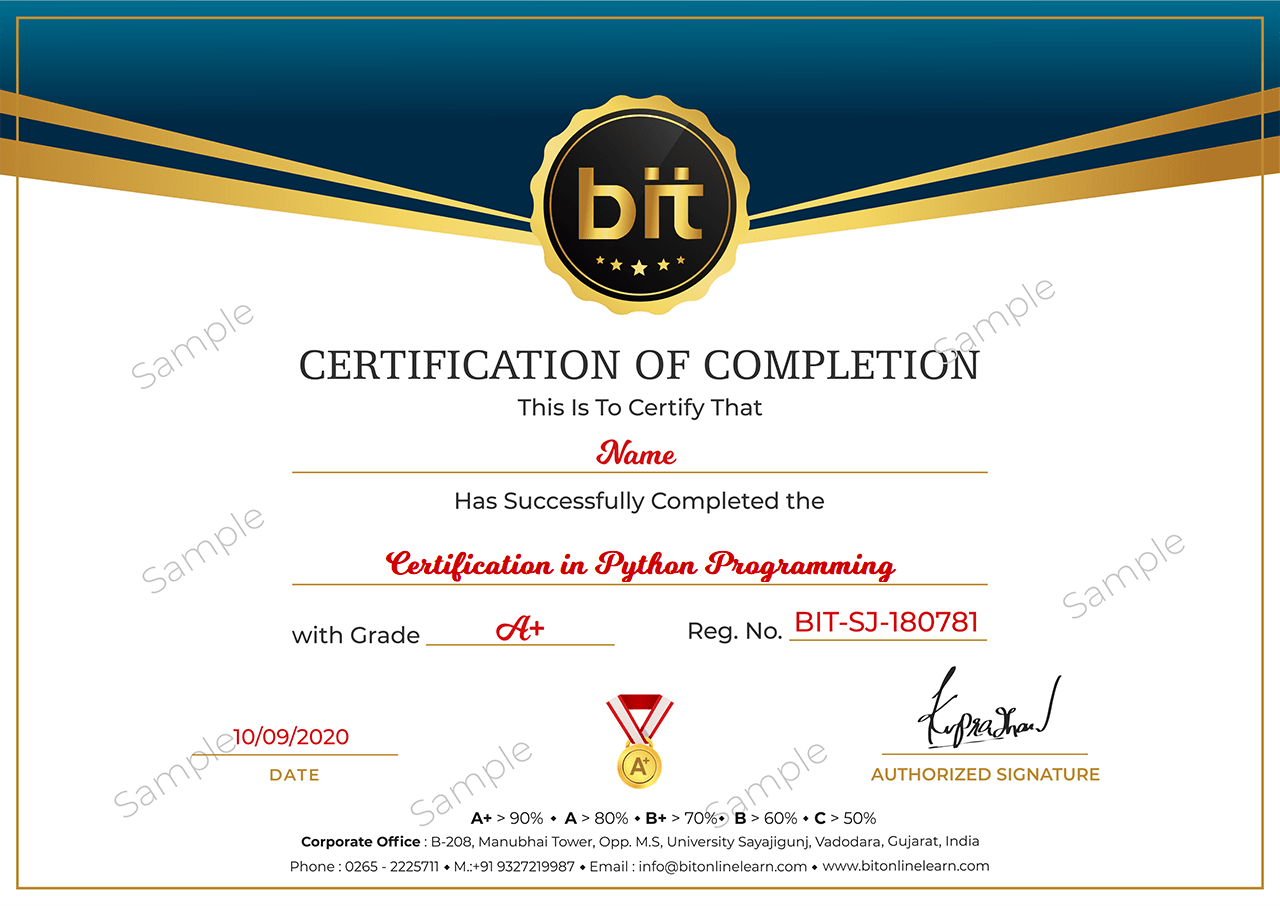Live Lecture
· OOPs
· Procedural v/s Object oriented programming
· Principles of OOP – Encapsulation , Abstraction (Data Hiding)
· Classes and Objects
· How to define class in python
· Types of variables – instance variables, class variables.
· Types of methods – instance methods, class method, static method
· Object initialization
· ‘self’ reference variable
· ‘cls’ reference variable
· Access modifiers – private(__) , protected(_), public
· AT property class
· Property() object
· Creating object properties using setaltr, getaltr functions
· Encapsulation(Data Binding)
· What is polymorphism?
· Overriding
· Practical Exercise(60 min)










